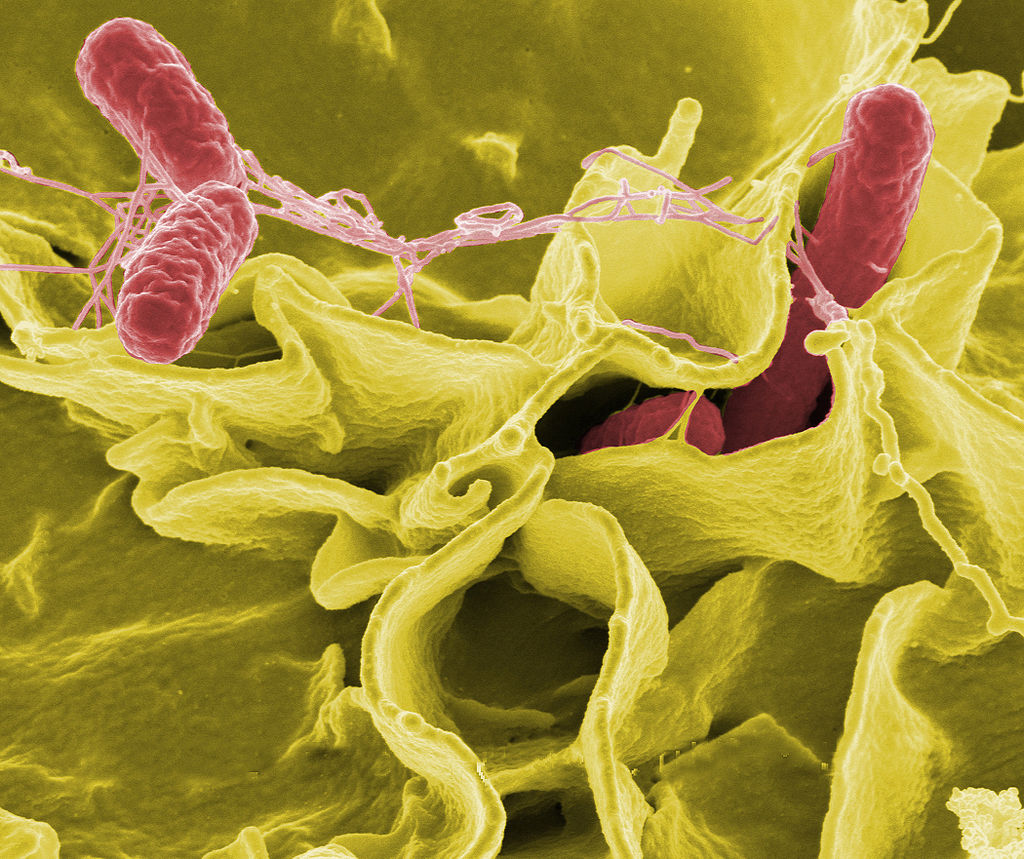News release
From:
Attachments
Note: Not all attachments are visible to the general public. Research URLs will go live after the embargo ends.

Journal/
conference: Science
conference: Science
Research:Paper
Organisation/s:
Weizmann Institute of Science, Israel
Funder:
This work was supported by the European Research Committee (ERC grant no. 756653), the Israel Science Foundation (grant no. 1890/17), the Minerva Foundation with funding from the Federal Ministry for Education and Research, the Estate of
David Turner, the Merle S. Cahn Foundation, the Estate of Sylvia Holder, the Estate of Zvia Zeroni, and the Estate of Leah Arbel. R.A. is the Incumbent of the Philip Harris and Gerald Ronson Career Development Chair. Partial funding was provided to E.O. by the Israeli Science Foundation (ISF 271/16 and 2164/16).



 International
International


